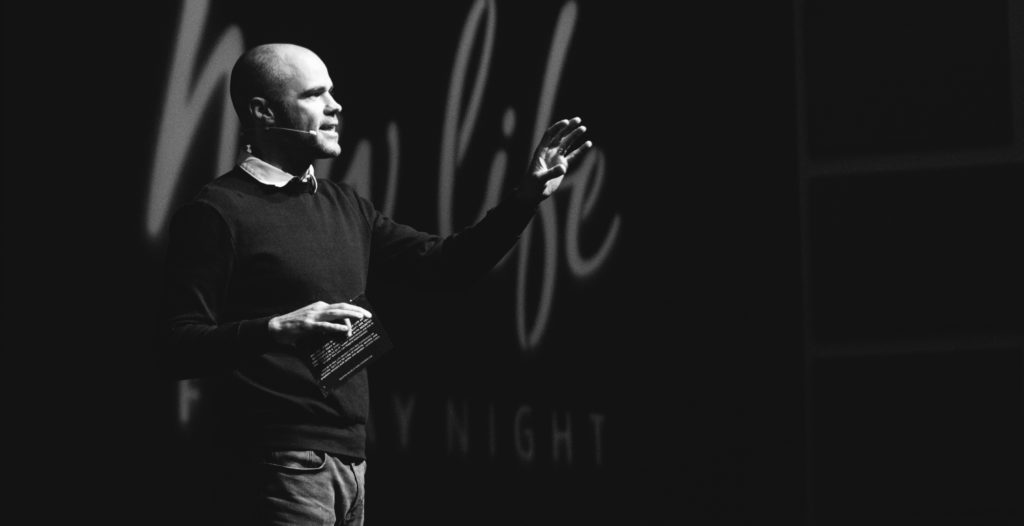Episode 030: The Life of the Preacher
Have you ever had a week where you feel like you should just pack up your study and give up preaching altogether? It was a week like that for Pastor Daniel Grothe that sparked this conversation about The Life of the Preacher. Listen in as we talk about what we find at the core of the calling to preach the Word of God.
10 Things I’ve Learned As A Preacher by Daniel Grothe_ Essential Church Podcast
Preaching is simultaneously the most joyful and maddening work I could ever do… we all have a little Jeremiah in our bones: “Who am I?”…
On paper we would all say, “Well of course the life of a preacher is a life of prayer…” but on a busy week, what people typically do is white-knuckle it trying to crank content out, forgetting that prayer is probably our best play…
There’s a difference between exegeting a text and discerning what the Spirit wants to do in this moment with these people right here, right now… I’m always saying, “Lord, who is this for? What is the pulse of this moment?”
When you preach to your congregation, that should come out of your life with these people… there shouldn’t be a disconnect between your life with them in the coffee shop and your preaching to them…
A story has a way of sneaking behind people’s defense mechanisms, and if Jesus is the consummate storyteller, then it’s okay for us…
There’s a profound element of mystery that not enough preachers appreciate, and so we fill in the mystery with talent, expertise, more stories, content, etc., and it becomes an anxious space…
For me, before I preach, the thing that I must do is quiet the space [of my heart]… I find a quiet place and say, “Come, Holy Spirit…” I need to clear the mechanism so that the Spirit can quiet me… if I go up there with all that anxious energy and I haven’t quieted myself, something’s not right…
QUESTIONS FOR YOU AND YOUR TEAM
1) Which of Daniel’s 10 things resonated most with you and why?
2) What does it look like for you to have your messages grow up out of the soil of a healthy life lived in authentic community?
3) Which of these 10 things was most challenging to you and why? Where do you need to grow?



